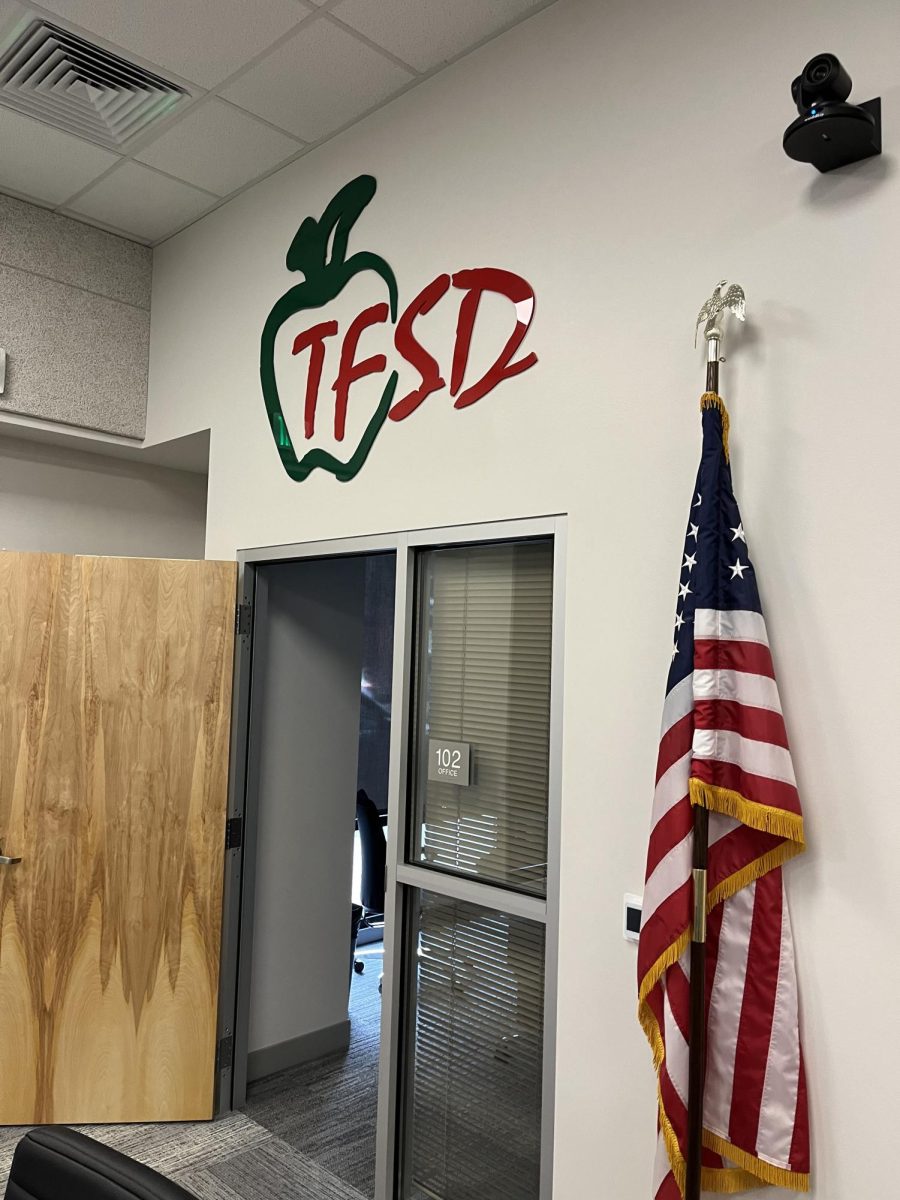On April 8th, 2024, Governor Brad Little quietly signed House Bill 538 which removes any requirement for teachers to refer to a student by a name or pronoun that does not correspond with the biological sex of the student. The bill was enacted on July 1st, 2024.
This legislation prevents K-12 teachers, staff, and college professors from addressing an unemancipated minor by a name or pronoun that was not assigned to them at birth without written consent from their parents or guardians.
Idaho State Senator Linda Hartgen, however, explained her reasons for voting against the bill, “If the kids have something they would really rather be called, that’s okay. And usually, I would think that their parents would know this. I can’t imagine they are going to school and using a completely different identity than what their parents know they use. When kids feel strongly about something, whether I agree with it or not, it should be honored.”
House Bill 538 gives teachers the right to sue the district they are working at if they are disciplined for refusing to use a student’s preferred pronouns or names. The bill states, ”A government employee, regardless of the scope of such employee’s official duties, shall not be subject to adverse employment action,” for failing to use a “name other than the student’s legal name, a derivative thereof, or by a preferred pronoun.”
“[House Bill] 538 might be beneficial to a teacher that maybe has an issue with [using preferred pronouns and nicknames].
I could understand the fact that some teachers really worry about whether or not they’re going to get sued if they forget,” said Senator Hartgen.
State government employees are additionally not required to use a transgender person’s preferred name or pronoun if it does not align with their legal name or pronoun.
House Bill 538 states that these laws are needed to “preserve the constitutional right to free speech of all people in the state of Idaho,”
A separate bill, House Bill 421, additionally took effect July 1st, 2024, and states, “In human beings, there are two, and only two, sexes: male and female,” and that “In no case is an individual’s sex determined by stipulation or self-identification.”
Dr. Ryan Nesmith, Associate Superintendent for the Twin Falls School District said, “The district will use the sex indicated on a student’s birth certificate when applying district policies. If a student does not have a birth certificate, an alternative form of governmental identification may be considered for the determination of a student’s sex.”














